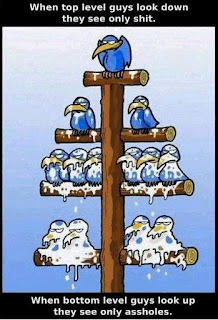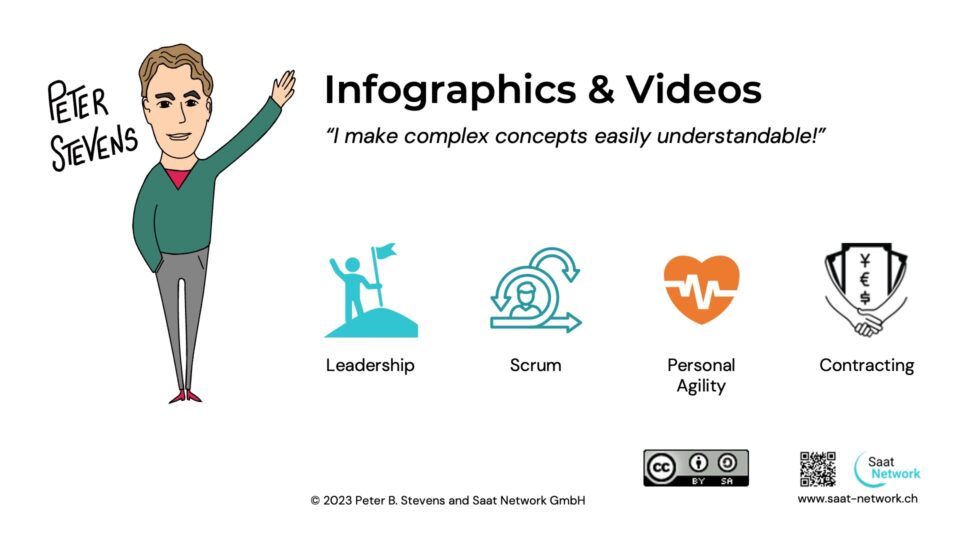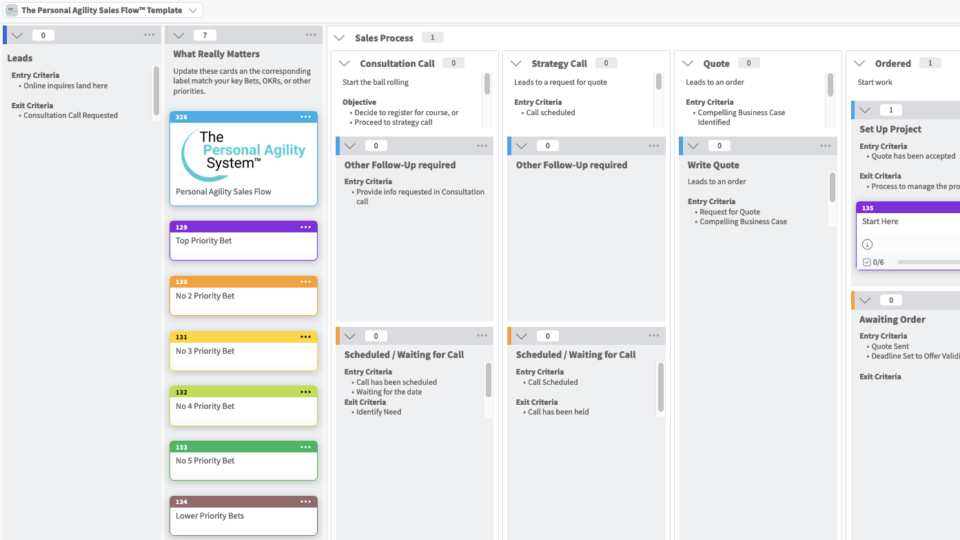Scrum Breakfast Zurich:
17-10-2011Poll: How do you feel about your Swiss Bank?
06-12-2011A month long conflict at the construction site of the Zurich main train station (‘HB’ or Hauptbahnhof), boiled over this week, as workers tunneling under the station went on strike. Urine and excrement expelled by outhouse-style toilets in older trains continue to drip down on to the workers whenever a train with ‘outhouse’ toilets parks over the construction site. This issue was raised several months ago, but has now boiled over again.
Overall project leader Roland Kobel, chief of the two billion CHF ‘diameter line’, complained of “coercion” and hinted at legal action. “Every delay is wasting taxpayers money.” The labor union is unimpressed, and is demanding contractual guarantees that the problem will be remedied before returning to work.
While Kobel is surely correct in his assessment, labor conflict could endanger his project, cause delays and raise the costs, he has missed the point of the root cause of the problems. The ongoing ‘Urine Strike’ reminds me a cartoon depiction of corporate life:
Roland Kobel has demotivated, unhappy workers because of the crap literally raining down on them. The workers have gone on the street in protest both because of the conditions and because a previous commitment to fix the problem was not — in their eyes — upheld. He is now being held accountable for those commitments.
How can Roland Kobel fix this problem and help ensure the success of his project? He should apply the values and practices of Radical Management to create a constructive, engaged atmosphere.
- The key word is trust. Step 1 is to regain workers trust by quickly fixing the problem. Not fulfilling your commitments creates distrust, which in turn makes all discussions difficult. Distrust creates demotivated workers who ‘work to rules’ but no more. Trust goes much further than just fulfilling your commitments. Trust in your environment means freedom of fear of attack or exploitation. After periods of distrust, it is difficult to return to a culture of trust. This will require energy and change from both sides — but before putting the responsibility for the trust issue on the workers, remember, the job of the leader is to lead.
- The next word is respect. He needs to engage in respectful, eye-to-eye, adult-to-adult conversations with his workers. If the urine had been raining down on the Project Leader’s office, how long would it have taken to get fixed? More importantly, what other improvements the construction process are being ignored because the project management doesn’t listen? What cost savings are being lost, for problems that management is not aware of or wont fix. Will any of this have safety implications? Will his workers notice if substandard materials or unsafe practices were being used? Even if they did, when would management learn about it and react?
- The third word is engagement. They used to call this ‘Management by Walking Around’ or more recently ‘go to the Gemba.’ At Toyota, managers started their careers on the production line so they understood making cars. Roland Kobel should spend some of his time, in the tunnels, not just supervising, but really talking with the people doing the work of his project, and maybe even doing some of it himself! This way, he will understand both the reality of his project and the people making his vision real.
Financial success does not come by focusing on the money. A complex project is successful when the people with the vision and the people doing the work communicate effectively. They do the right things well and react to new things promptly. Trust, respect and engagement: the cornerstones of successful endeavors!





